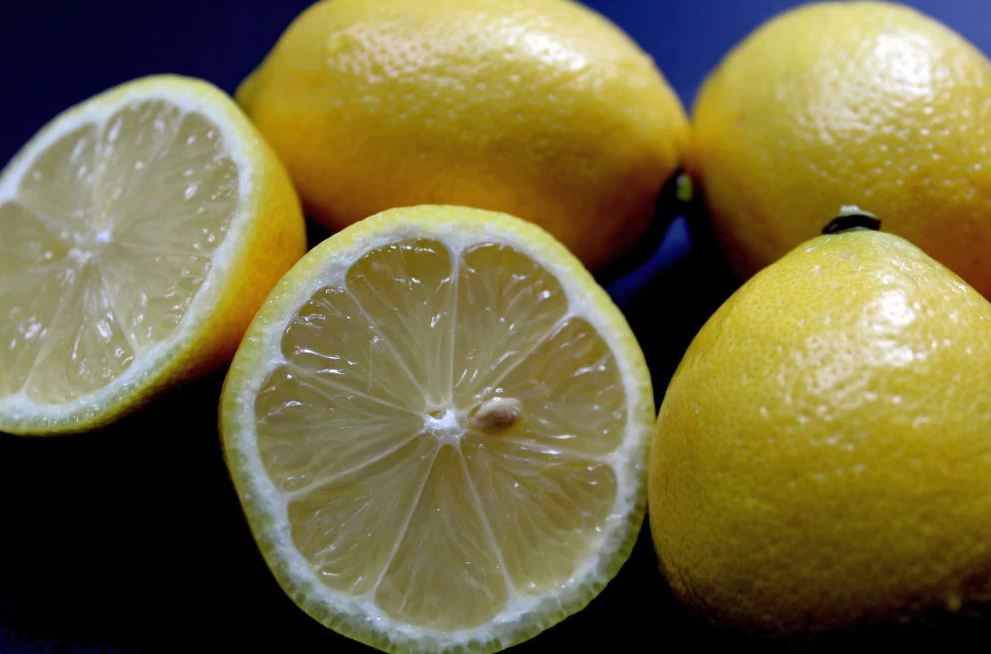Lemons are wonderfully versatile in the kitchen, but keeping them fresh can be tricky. Too much moisture invites mold; too little and they shrivel. By adjusting how you store them whole, cut, juiced, or zested you can dramatically extend their usability and avoid waste. Below are smart strategies to keep your lemons vibrant and mold-free for weeks.
Selecting and Prepping Lemons
When buying lemons, choose ones that are bright yellow, smooth-skinned, and firm to the touch. Avoid those with soft spots, discoloration, or blemishes. These are signs the fruit is already past its prime. Before storing, gently wash and dry each lemon thoroughly. Moisture on the peel can act as a breeding ground for mold, so starting with dry fruit is essential.

Storing Whole Lemons: Fridge Is Best
For whole lemons you want to keep long term, refrigeration is your best option. Place them in your refrigerator’s crisper drawer inside a sealed bag (preferably perforated for limited airflow). This controlled environment slows down moisture loss and aging, allowing lemons to stay fresh for up to a month. Keeping them in sealed bags also helps shield them from gases produced by neighboring fruits like apples and bananas, which can accelerate ripening and spoilage. If you prefer leaving lemons on the counter, reserve that for those you plan to use within a week. Keep them in a cool spot away from sunlight and away from other ripening fruit to minimize damage.
Preserving Cut Lemons
Once a lemon is cut, it becomes much more vulnerable. Wrap the exposed portion tightly in plastic wrap or place it in an airtight container or resealable bag. Store it in the refrigerator and try to use it within 3 to 4 days, before flavor quality begins to degrade. With these safeguards, the lemon’s pulp and juice remain protected, and mold development is greatly slowed.
Freezing: A Backup for Abundance
If you have more lemons than you can use in a month, freezing is a great fallback. You can freeze lemons as whole fruit, slices, juice, or zest. Whole lemons or slices can be placed in freezer-safe bags, while juice can be portioned into ice cube trays and transferred to containers once frozen. Lemon zest also freezes well in airtight containers. These methods preserve flavor, though frozen lemons do become softer once thawed.
Using the Water Storage Method
An alternative is to submerge whole lemons in a sealed container filled with water. Store the container in the refrigerator and change the water every few days. This can help maintain the fruit’s juiciness and slow dehydration. It’s especially useful when you want to preserve lemons for two to three weeks.
Tips to Prevent Mold and Spoilage
- Always pat lemons dry before storing.
- Avoid stacking them too closely; leave room for airflow.
- Store lemons away from ethylene-producing fruits to prevent hastened ripening.
- Check stored lemons periodically and discard any showing dark spots, soft patches, or fuzzy growth.
- Use juicing and zesting wisely: freeze any unused portions quickly to prevent spoilage.

Summary: Maximizing Lemon Lifespan
- Whole lemons last best when refrigerated in sealed but breathable bags.
- Cut lemons belong in airtight containers and should be used soon.
- Freeze any zest, juice, or extra lemons for long-term use.
- The water-immersion method is helpful when you want to preserve lemons fresh and juicy short-term.
- Avoid storing lemons near other ripening fruits, and always monitor for early signs of spoilage

















